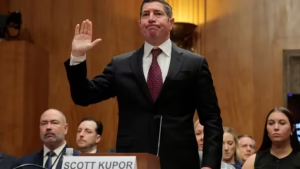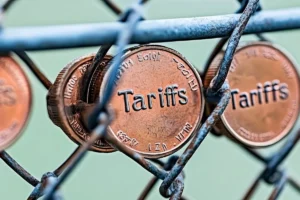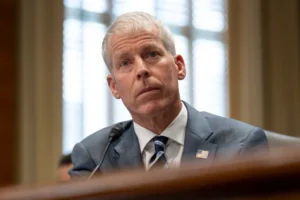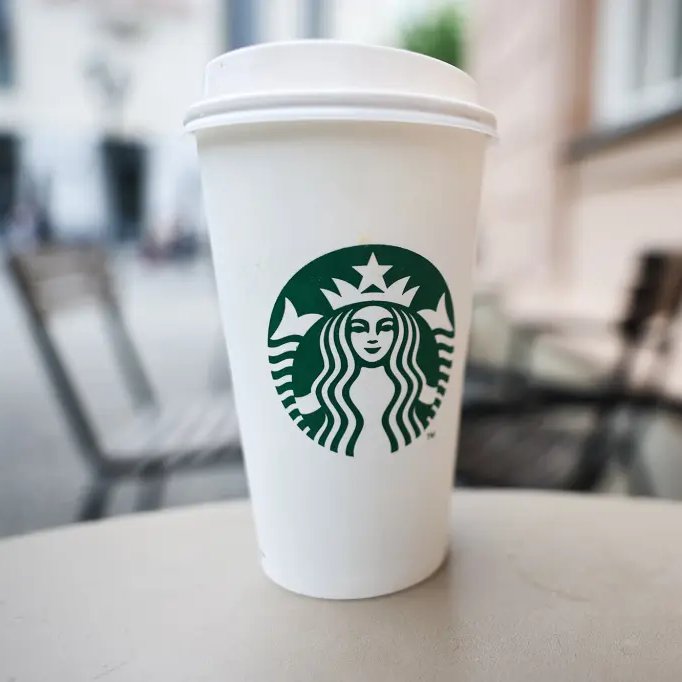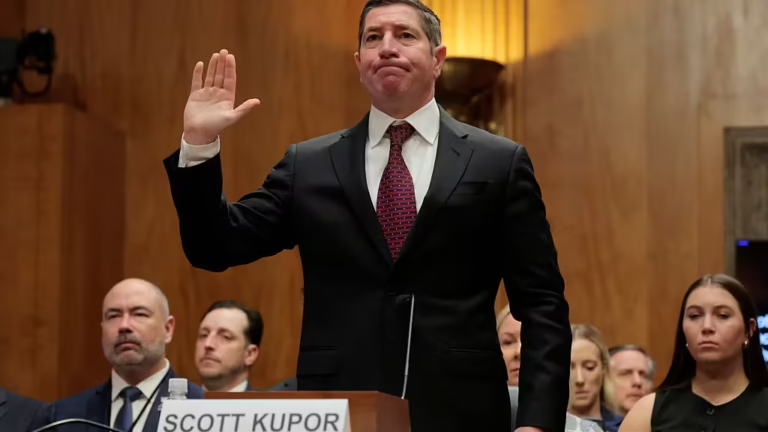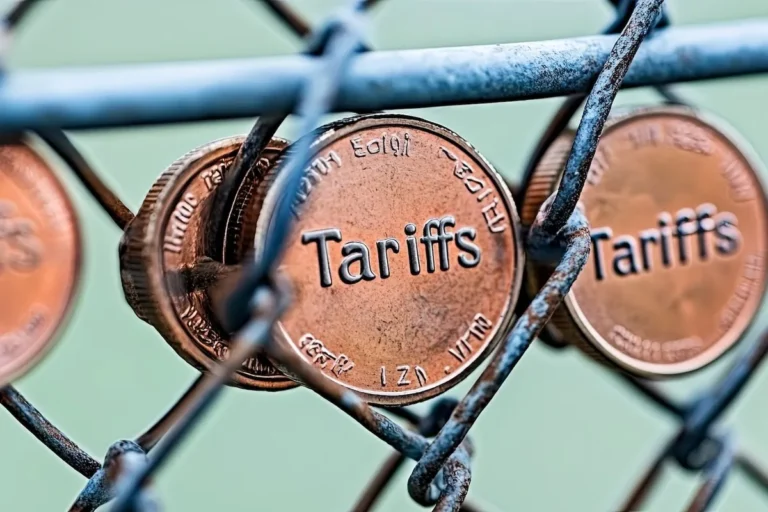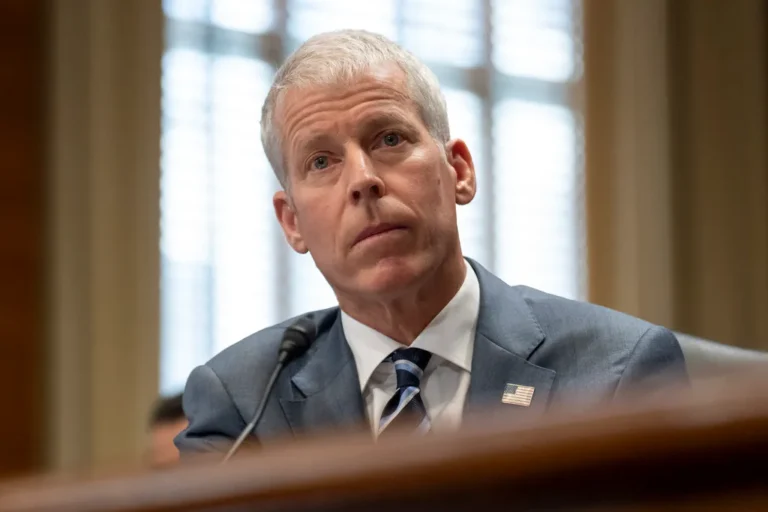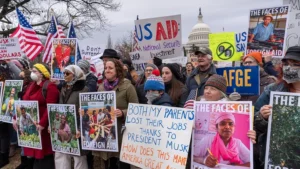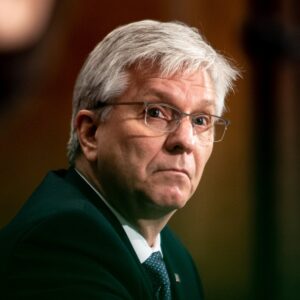Kennedy and Starbucks Unite on Clean Food Initiative
Starbucks to Align Menu, Starbucks is taking a bold step toward health-focused reform. On Tuesday, Secretary Robert F. Kennedy Jr. announced that the popular coffee chain will begin aligning its offerings with the Make America Healthy Again (MAHA) initiative, a national strategy focused on combating chronic illness through healthier food policies.
Kennedy, who has been actively investigating the root causes of childhood chronic disease, said he recently met with Starbucks CEO Brian Niccol to discuss the company’s role in the MAHA campaign. In a post on X (formerly Twitter), Kennedy noted he was “pleased to learn that Starbucks’ food and beverages already avoid artificial dyes, artificial flavors, high fructose corn syrup, artificial sweeteners, and other additives.”
The conversation, according to both parties, was productive and collaborative. Starbucks had already begun overhauling its menu earlier this year, trimming 30% of offerings in order to simplify operations and create space for innovation in healthier products.
Starbucks Reinforces Its Health Standards
Starbucks emphasized its commitment to transparency and ingredient quality. “Our diverse menu of high-quality foods and beverages empowers customers to make informed nutritional decisions, with transparency on ingredients, calories, and more. Plus, we keep it real—no high fructose corn syrup, artificial dyes, flavors, or artificial trans-fats,” the company stated.
One example of their shift includes testing new drinks, such as a sugar-free vanilla latte topped with protein banana cold foam—a beverage designed to provide flavor and nutrition without unnecessary additives.
This health-first focus aligns perfectly with the MAHA agenda, which aims to “lead a coordinated transformation of our food, health, and scientific systems to ensure that all Americans—today and in the future—live longer, healthier lives,” according to the administration’s official statement.
Kennedy Targets Toxic Ingredients in the Food Supply
Kennedy has long been critical of certain ingredients widely used in the U.S. food industry, particularly synthetic dyes and seed oils. He has called these additives “toxic compounds” that offer no nutritional value and contribute to serious health risks, especially in children.
In April, Kennedy, in collaboration with the Food and Drug Administration (FDA), introduced a sweeping plan to phase out all petroleum-based synthetic dyes from the U.S. food supply. While some regulatory changes may take time, Kennedy noted that progress would largely depend on voluntary cooperation from food manufacturers.
So far, the response has been encouraging. Kennedy confirmed that the industry has voluntarily agreed to participate in the phase-out process. This includes two major corporations—General Mills and Kraft Heinz—which pledged this week to eliminate FD&C artificial dyes from all of their products within two years.
Momentum Building Across the Food Industry
The shift toward cleaner ingredients isn’t limited to household brands. McCormick & Company, a leading spice and seasoning firm, told analysts during a March earnings call that it has been actively reformulating its products to remove ingredients like synthetic dyes. The company said it is also working with restaurants and food manufacturers to bring those changes to menus across the country.
This growing momentum reflects a national demand for health-conscious food reform, particularly as more research links synthetic additives to conditions such as ADHD, hormonal disruption, and metabolic disorders.
A New Era for Food and Beverage Chains
Starbucks’ participation in the MAHA initiative signals a broader shift among major food and beverage companies toward health transparency, cleaner ingredients, and public trust. As one of the largest and most influential food chains in the world, Starbucks’ changes are expected to influence industry trends and accelerate reform in other franchises.
Kennedy praised the coffee giant’s proactive approach, stating that companies like Starbucks “are proving that corporate success and public health can go hand in hand.”
For more latest news checkout our website: usnewsinsight

